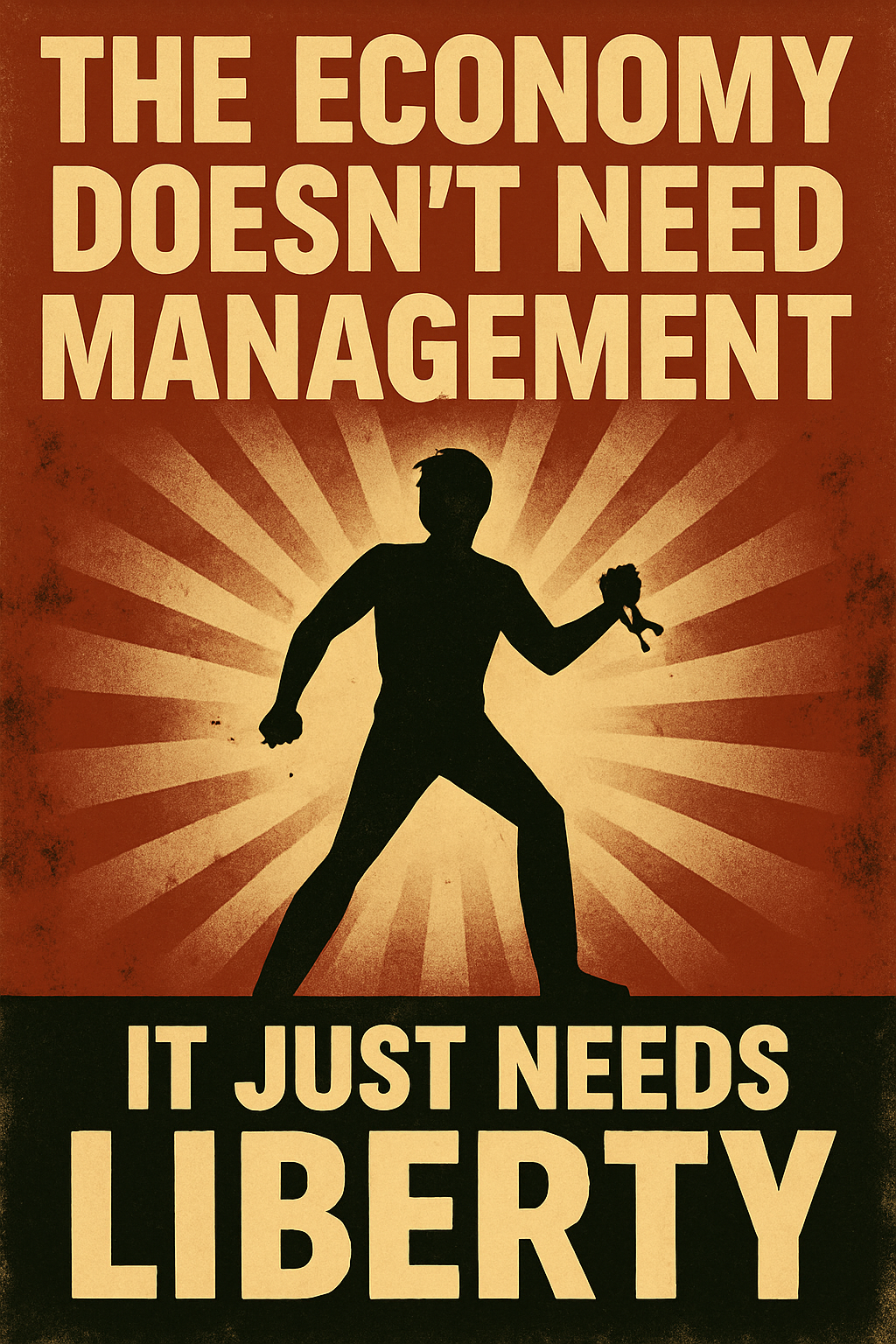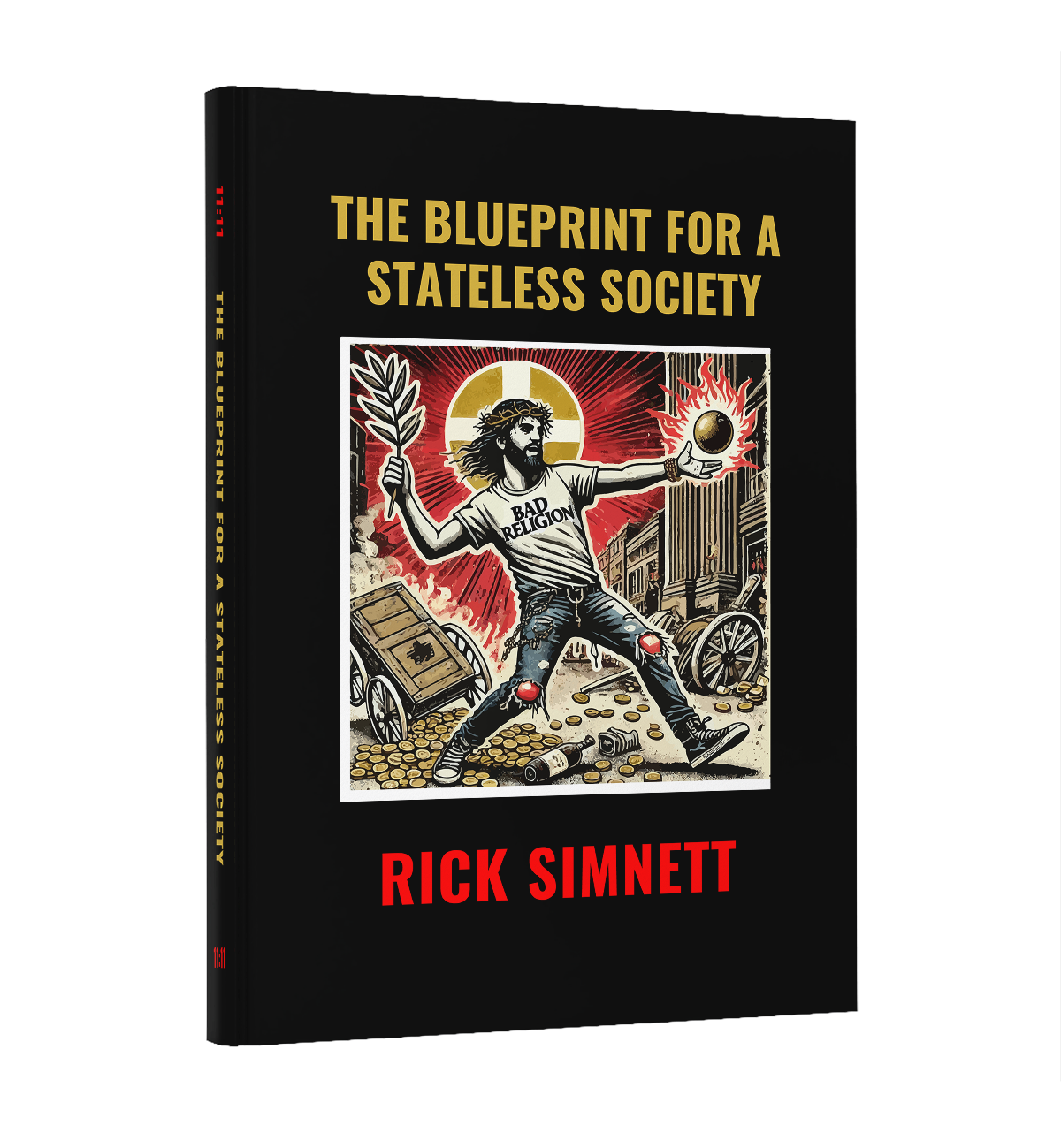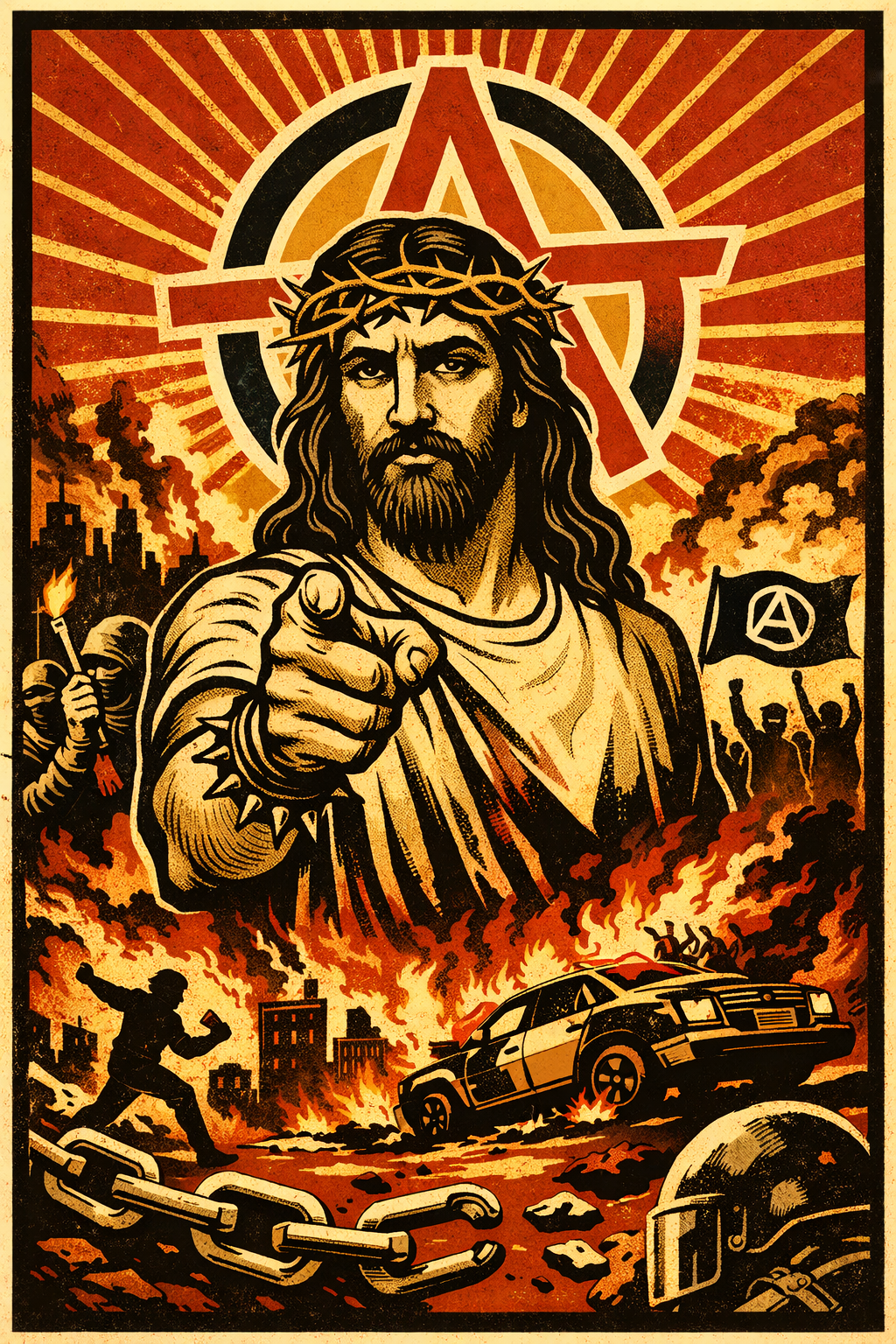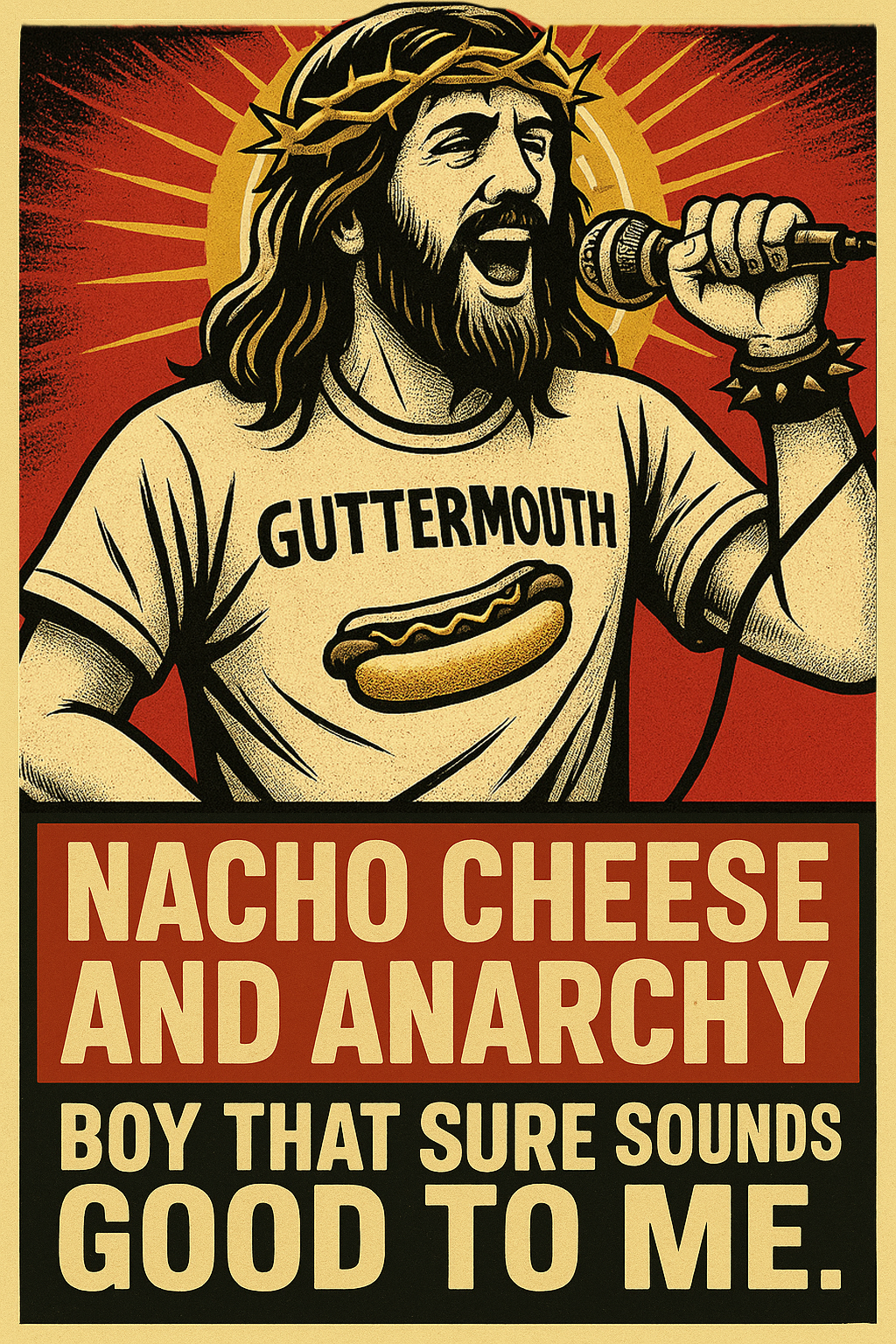When a politician says they’re going to “manage the economy,” the average citizen nods along like it’s an obvious necessity. The assumption is baked into our language, our media, and our school textbooks: economies are big, complicated, and dangerous—so they need a wise hand on the wheel.
But that metaphor is wrong from the start. An economy is not a car, and no one is driving. It’s more like a living forest: billions of individual organisms interacting, competing, cooperating, and adapting. Try to “drive” a forest, and you’ll destroy it.
The economy is nothing more—and nothing less—than the sum of voluntary human interactions. Every trade, every deal, every service rendered, every handshake agreement—it all adds up. And in that vast web of relationships, no central authority can possibly know enough to direct it without doing harm.
Central Planning Is a Dead End
History has given us all the evidence we need. The Soviet Union’s Five-Year Plans. Mao’s Great Leap Forward. Venezuela’s price controls. Each promised stability, equality, and prosperity. Each delivered shortages, inefficiency, and often famine.
Why? Because central planners operate on incomplete—and often outdated—information. By the time a government reacts to economic shifts, the situation has already changed. The lag is fatal.
Even in mixed economies, “management” often means meddling: printing money to “stimulate growth” (and destroying savings in the process), regulating industries to “protect consumers” (while handing monopolies to politically connected corporations), and licensing trades “for public safety” (while locking millions out of work).
Liberty as the Regulator
In a truly free market, bad ideas die quickly. Poorly run businesses close their doors. Overpriced goods go unsold. Shoddy products get exposed and replaced by better ones. The regulator isn’t a government agency—it’s reality itself.
Reputation, competition, and voluntary exchange do more to keep markets honest than a thousand bureaucrats could ever dream of.
And unlike bureaucrats, reality doesn’t accept bribes.
The Myth of Protection
The story we’re sold is that regulation exists to protect us. But in practice, regulation often exists to protect them—the big players who can afford lobbyists, lawyers, and compliance departments. The more complex the rules, the more advantage the entrenched corporations have over upstarts.
This is why so many “consumer protection” laws are written in ways that crush competition instead of fostering it.
From The Blueprint for a Stateless Society
In The Blueprint for a Stateless Society, we break down why liberty—not management—is the foundation of prosperity. Without the chokehold of political control, innovation explodes. Opportunities multiply. Wealth creation stops being a privilege handed down from the connected and becomes a birthright exercised by the free.
Economic liberty doesn’t need central management. It needs space—the room to grow, adapt, and thrive without arbitrary interference.
Closing Truth
Every “managed” economy is a slow-moving tragedy. Every free economy is a living proof that order emerges not from commands, but from cooperation.
The next time you hear a politician promise to “manage the economy,” remember: they’re promising to pick winners and losers—often before the game even starts. Liberty lets you play the game. Management just rigs it.




